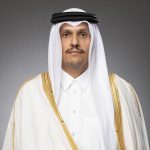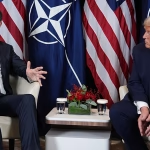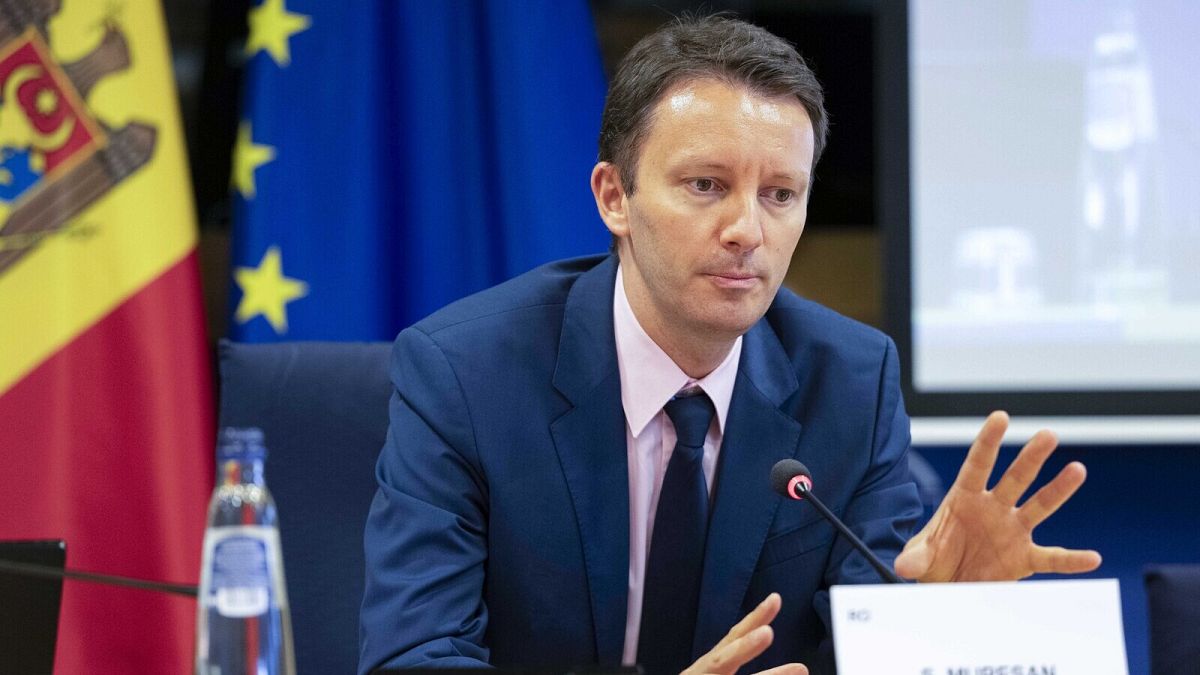Putting the EU executive’s enlargement portfolio in the hands of Viktor Orbán’s man in Brussels has been a ‘problem’ over the past five years, according to Siegfried Mureșan, the chair of the European Parliament’s EU-Moldova delegation. As Orbán’s government has repeatedly attempted to slow down or derail Ukraine’s and Moldova’s bids to join the EU, Mureșan warned against allowing a Hungarian to steer the European Commission’s department in charge of the EU’s future enlargement. With Hungary’s Olivér Várhelyi serving as the Commissioner in charge of enlargement and neighbourhood portfolio, there are concerns that the accession push for Ukraine and Moldova may be demoted, especially with Budapest taking over the six-month rotating presidency of the Council of the EU.
As the EU ambassadors have backed the opening of accession talks with Ukraine and Moldova to begin on June 25, the next European Parliament is anticipated to be more rightward-leaning than ever before. This has led to fears that far-right voices, historically sympathetic to Putin’s Russia, could be emboldened. The recent inclusion of the nationalist, populist party, the Alliance for the Union of Romanians (AUR), into the European Conservatives and Reformists (ECR) group raises concerns about pro-Russian narratives gaining ground. Mureșan criticized AUR’s veiled pro-Russian stance, pointing out similarities with Alternative for Germany (AfD) as not openly pro-Russian but susceptible to pro-Russian narratives. This development complicates the perception of ECR moving towards the center, posing further challenges for the EU’s future security.
According to Mureșan, the successful integration of Ukraine and Moldova into the EU and its single market is crucial for the bloc’s future security. With Moldova acting as a geopolitical cushion amid the war in Ukraine and successfully reducing its dependence on Russian gas and energy supplies, the country has played a significant role in maintaining regional stability. Moldova’s bid for EU membership includes the breakaway region of Transnistria, despite the presence of Russian troops in the area. Mureșan emphasized Moldova’s efforts to reintegrate Transnistria and restore dialogue with the region, signaling a commitment to overall stability and security in the region.
The upcoming presidential election in Moldova on October 20 will coincide with a referendum on European Union membership, highlighting the country’s commitment to EU integration. Current President Maia Sandu is expected to win in all scenarios, but the nature of her victory remains significant, as it could impact the country’s path towards EU membership. Past attempts by pro-Russia parties to sow disorder during such votes indicate potential Russian interference in the upcoming election, as the Kremlin may support pro-Russian candidates. Mureșan stressed the importance of reinforcing Moldova’s decision towards EU membership through a decisive victory in the upcoming election and referendum.
In light of the upcoming reshuffle in the EU executive, concerns regarding Hungarian influence in the enlargement portfolio and the rise of right-wing voices sympathetic to Russia pose challenges for the EU’s future security. Mureșan’s criticism of Orbán’s government’s attempts to impede Ukraine’s and Moldova’s accession paths underscores the need for a neutral and supportive approach towards EU enlargement. Moldova’s role in maintaining stability and reducing dependence on Russian energy supplies signifies progress towards EU integration, despite challenges posed by the presence of Russian troops in Transnistria. The upcoming presidential election and referendum in Moldova will be crucial in reaffirming the country’s commitment to EU membership and resisting potential Russian interference. As the EU navigates political shifts and rightward-leaning trends, maintaining a focus on regional stability and security remains paramount.











